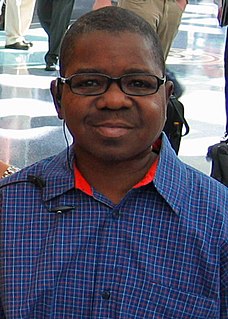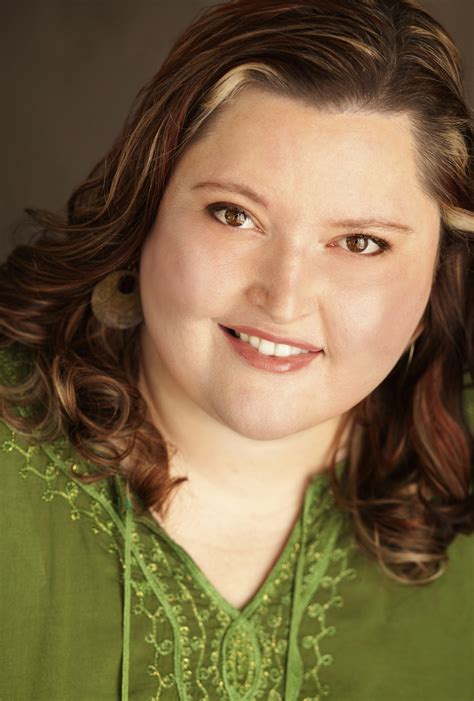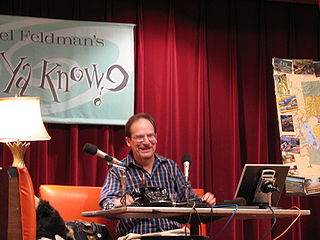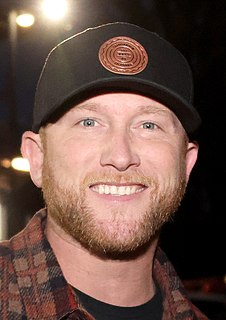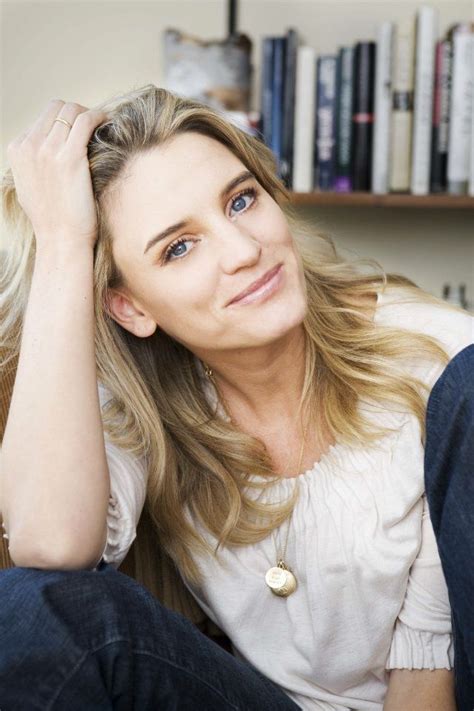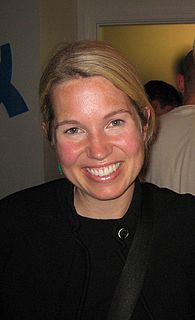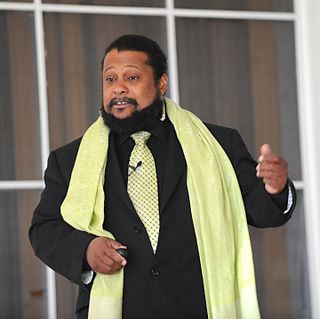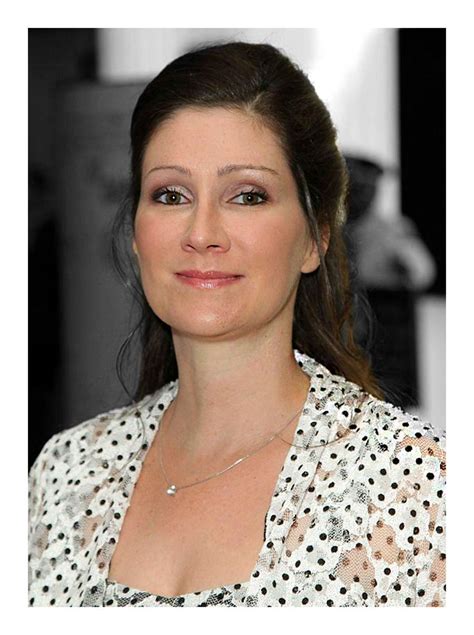A Quote by Gary Coleman
Related Quotes
I wanted to project myself forward to age 80 and say, ‘OK, I’m looking back on my life. I want to minimise the number of regrets I have.’ And I knew that when I was 80, I was not going to regret having tried this. I was not going to regret trying to participate in this thing called the Internet that I thought was going to be a really big deal. I knew that if I failed, I wouldn’t regret that. But I knew the one thing I might regret is not ever having tried. I knew that that would haunt me every day.
My skills weren't that I knew how to design a floppy disk, I knew how to design a printer interface, I knew how to design a modem interface; it was that, when the time came and I had to get one done, I would design my own, fresh, without knowing how other people do it. That was another thing that made me very good. All the best things that I did at Apple came from (a) not having money, and (b) not having done it before, ever. Every single thing that we came out with that was really great, I'd never once done that thing in my life.
It's not racism per se but the tyranny of normalcy - no: the tyranny of attractive normalcy. Which leads to loveable white models who are supposed to be playing ordinary, adorably flawed professionals just like you and me with their brilliant minority friends (with vastly less camera time) who are surgeons. But it's not just ethnicity. That narrow vision also extends to, say, things like women leads. Women leads have to be good-hearted and nice, with a Slutty Best Friend. The main character can't be slutty. Because that's not attractively normal etc
